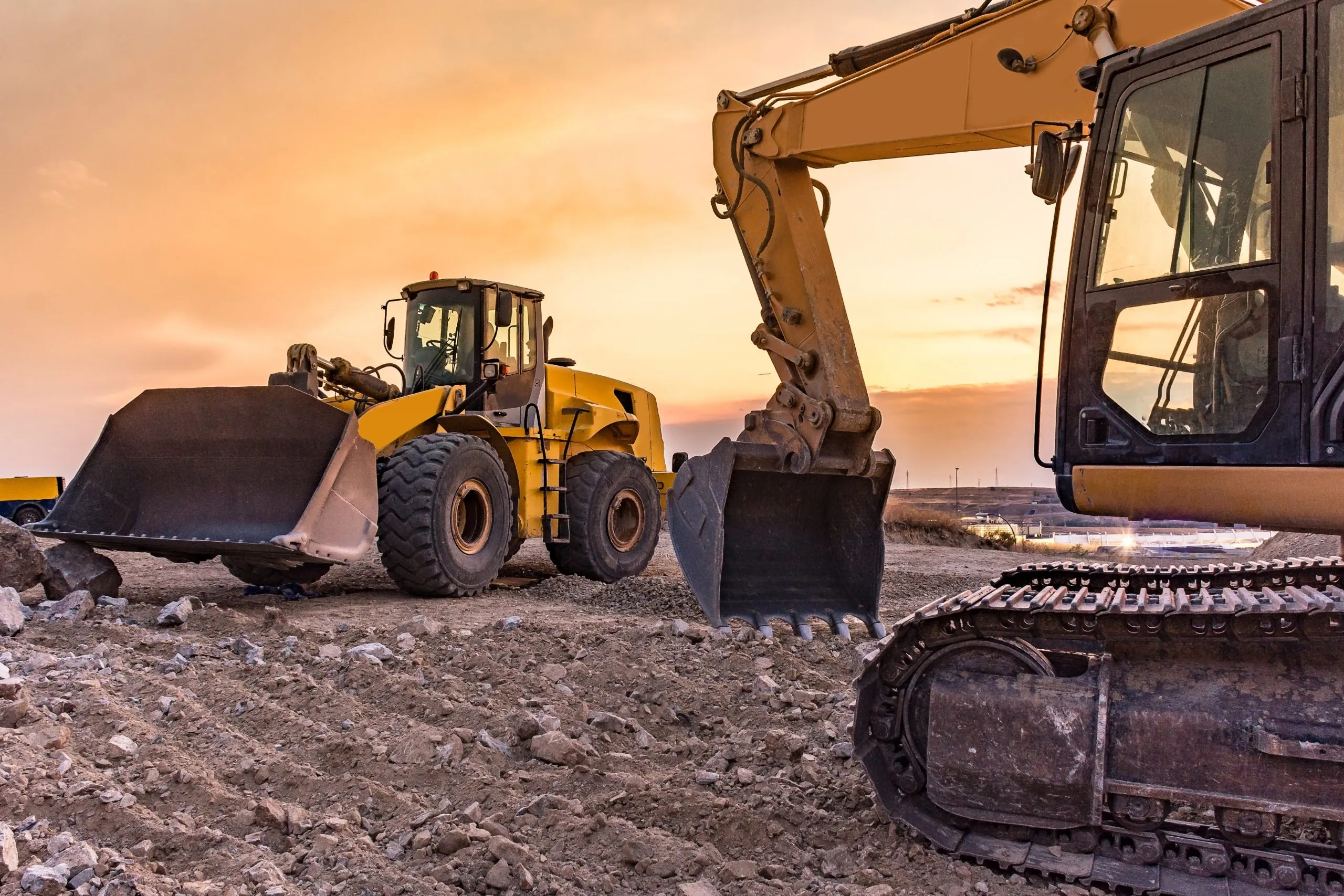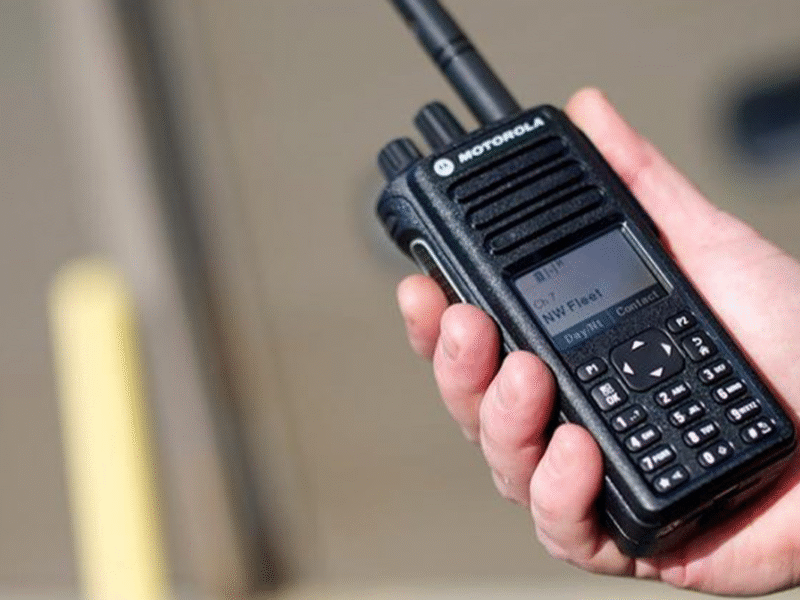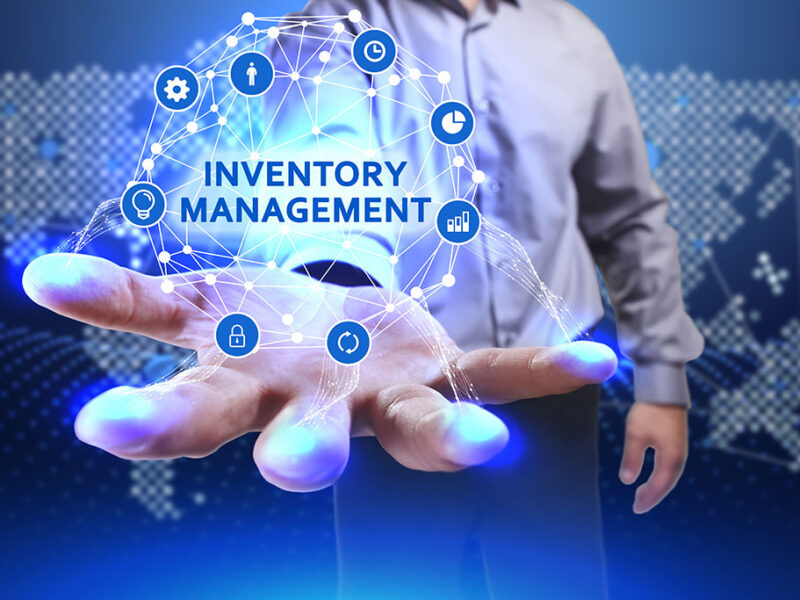Heavy machinery is the backbone of industries like agriculture, construction, logistics, and manufacturing. These powerful tools are built to handle the toughest jobs, but without regular servicing, even the most durable equipment can wear down. Skipping maintenance doesn’t just impact the machinery—it can cause safety risks, unplanned downtime, and expensive repairs.
On the other hand, keeping your equipment in top condition means more than just smooth operations. It protects your investment, enhances efficiency, and supports long-term productivity.
Recognising the Signs Your Equipment Needs Attention
While sticking to a maintenance schedule is crucial, you should also be on the lookout for signs that your machinery may need immediate servicing. Here are a few red flags to watch for:
- Unusual noises – Squeaking, grinding, or knocking sounds often signal wear and tear in vital components.
- Decreased performance – If your equipment is struggling to handle tasks it previously managed with ease, it’s time for an inspection.
- Fluid leaks – Puddles of oil, coolant, or hydraulic fluid under your machinery should never be ignored.
- Excessive vibrations – This can indicate issues with alignment, worn bearings, or loose parts.
- Dashboard warnings – Don’t ignore those blinking lights; they’re there for a reason.
Addressing these problems early can save you from dealing with more extensive and costly repairs later.
The Benefits of Preventative Maintenance
Preventative maintenance from experts like Southern Field Maintenance is about addressing issues before they become problems. It’s a proactive approach that involves regular inspections, servicing, and small repairs to avoid major breakdowns. Here’s why it’s worth the effort:
- Extended lifespan – Routine care keeps your equipment running smoothly for years, delaying costly replacements.
- Improved safety – Well-maintained machinery reduces the risk of accidents caused by faulty equipment.
- Lower costs – Small, consistent investments in maintenance are far cheaper than unexpected major repairs.
- Increased productivity – Reliable equipment means less downtime and more efficient operations.
- Better resale value – When it’s time to upgrade, well-maintained machinery fetches a higher price.
Creating an Effective Maintenance Schedule
An effective maintenance schedule is tailored to your specific equipment, its usage, and environmental conditions. Here’s how to get started:
- Review manufacturer recommendations – These are the baseline for how often your machinery needs servicing.
- Track hours of operation – Heavy machinery often requires maintenance after a set number of operating hours.
- Consider usage intensity – Equipment used in harsher conditions or for heavy-duty tasks may need more frequent checks.
- Inspect regularly – Between scheduled services, conduct visual checks for wear, leaks, and other issues.
- Keep detailed records – Log all maintenance activities to track patterns and ensure nothing gets overlooked.
Common Maintenance Tasks
While maintenance requirements vary between equipment types, certain tasks are common across the board:
- Oil and filter changes – Keeping fluids clean and fresh prevents wear and tear on moving parts.
- Lubrication – Proper lubrication minimises friction and extends the life of critical components, particularly in heavy machinery that relies on wire ropes for lifting, pulling, or load control. Using the correct wire rope lubricant helps protect internal and external strands from corrosion, moisture ingress, and abrasive wear. Consistent application ensures smoother operation, reduces metal-on-metal contact, and significantly lowers the risk of premature rope failure, supporting more reliable machinery performance.
- Tyre inspections – Check for wear, correct inflation, and proper alignment.
- Battery care – Test charge levels, clean terminals, and replace old batteries when needed.
- Hydraulic system checks – Look for leaks and ensure pressure levels are within the recommended range.
Why You Shouldn’t Cut Corners
It can be tempting to delay maintenance during busy periods or opt for cheaper, quick fixes. However, neglecting proper servicing often leads to bigger problems down the track. Minor issues, like a worn-out belt or a small oil leak, can escalate into expensive failures if left unresolved.
Additionally, poorly maintained equipment can impact workplace safety. Faulty brakes, unstable hydraulics, or failing tyres pose risks not only to operators but also to everyone on-site.
Prioritising proper maintenance ensures a safer, more reliable fleet and minimises disruptions to your workflow.
Finding the Best Maintenance Service Provider
Choosing the right maintenance service provider can make all the difference in keeping your heavy machinery running smoothly. Follow these steps to ensure you select the best partner for your needs:
- Assess their experience
Look for a provider with extensive experience in maintaining heavy machinery, particularly in your industry. This ensures they understand the specific demands and challenges of your equipment. - Verify qualifications and certifications
Check for credentials that demonstrate their expertise and compliance with industry standards. Certification from recognised organisations is a strong indicator of quality and reliability. - Evaluate reliability
Choose a provider known for their responsiveness and availability. If possible, prioritise those offering mobile repair services, especially if your equipment is often used in remote areas. - Ensure they use quality parts
Confirm that the provider uses genuine, high-quality replacement parts and materials. This helps maintain the performance and longevity of your machinery. - Look for preventative maintenance options
A proactive provider that offers regular inspections and servicing can save you time and money by identifying potential issues before they become costly problems. - Check for diagnostic expertise
Make sure they use advanced diagnostic tools and methods to accurately identify and address issues, avoiding misdiagnoses that could lead to repeat repairs. - Review communication and transparency
A trustworthy provider will explain their processes clearly, provide detailed estimates upfront, and keep you informed throughout the maintenance process.
By following these steps, you can build a strong partnership with a maintenance service provider who will keep your machinery in top condition while reducing the risk of downtime and costly repairs.
Keeping Things Running Smoothly
Heavy machinery is a vital part of your operations, and keeping it in top condition should always be a priority. By committing to regular maintenance, addressing small issues early, and investing in the right resources, you’ll ensure your equipment stays reliable, efficient, and safe. A little attention goes a long way in protecting your investment and supporting the success of your business.



